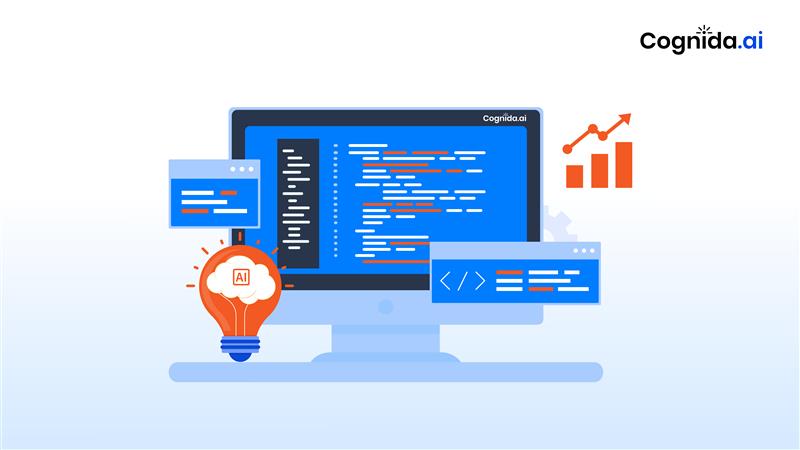In #AI solution development, the concept of #reflection serves as a pivotal strategy for improving the quality and success rate of AI systems. This reflective approach involves prompting AI agents, such as Language Model (#LLM), to critically assess their past actions and decisions. By incorporating external information, such as tool observations, reflective strategies empower AI systems to adapt and refine their behaviors, ultimately leading to enhanced performance and efficiency.
Reflective prompts encourage AI systems to evaluate the outcomes of their actions and decisions. AI agents gain insights into the effectiveness of their strategies by critically assessing past experiences, enabling them to make better decisions in the future. This iterative process of reflection and adjustment enhances the overall decision-making capabilities of AI systems.
Reflection also serves as a catalyst for learning and adaptation in AI systems. By analyzing past actions and outcomes, AI agents can identify patterns, trends, and areas for improvement. This self-awareness enables AI systems to adapt their behaviors and strategies to better align with their objectives, leading to continuous improvement and optimization.
By prompting AI systems to critique their own actions, developers can gain insights into the decision-making processes of their algorithms. This transparency fosters trust among users and stakeholders, as they can better understand the rationale behind AI-generated outcomes. This in turn promotes accountability and transparency.
AI agents can detect patterns of errors or biases and take corrective actions to address them. This proactive approach ensures that AI systems maintain fairness, accuracy, and reliability in their operations. Reflection thus serves as a mechanism for identifying and mitigating errors and biases in AI systems.
#Reflective #strategies support a culture of continuous improvement within AI development. By encouraging AI systems to critique their own performance and seek opportunities for enhancement, developers can iterate on existing models and algorithms to achieve higher levels of performance and efficiency. This iterative cycle of reflection and improvement drives innovation and progress in AI technology.
About the author
Gopalakrishna Kuppuswamy is dedicated to driving innovative solutions around AI and Decision Intelligence at Cognida.ai.
